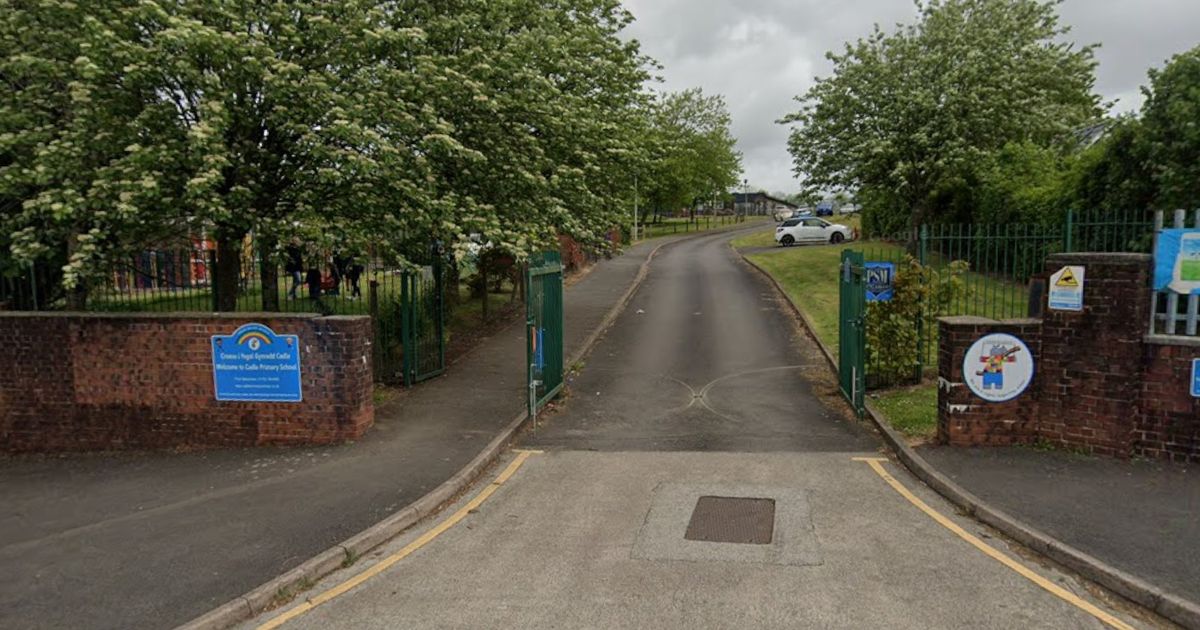James ‘Jamie’ Richards has not engaged with his Education Workforce Council (EWC) hearing
A primary school headteacher’s former colleague has told a fitness to practise hearing he had his “erect penis” on display when she entered his office. Married father-of-two James ‘Jamie’ Richards faces several allegations relating to his time as head of Cadle Primary School in the Ravenhill area of Swansea, south Wales.
At an Education Workforce Council (EWC) hearing held remotely today, a professional standards panel heard evidence from a female former colleague of Mr Richards. The staff member, referred to as Colleague B, told the EWC panel how the alleged incident – more than ten years ago – had left her feeling “worthless” and “awful” and how she struggled to get people to believe her.
Colleague B said Mr Richards had been “flirty” on the day of the alleged incident, and had asked her on the phone to come to his office to collect a form. According to the witness, when she entered Mr Richards’ office, he was standing next to his desk with his trousers pulled down and his erect penis visible, Wales Online reports.
The woman, who said she knocked on the door and entered, told the hearing: “I knew he was expecting me to walk in and pick up the form.” The woman’s evidence then detailed how she saw Mr Richards standing with his trousers down, “with his erect penis out”.
The hearing’s presiding officer, Sara Lewis, asked Colleague B: “What exactly did you see when you opened the door?”
Colleague B replied: “Him standing there, his trousers were open and pulled down, and his penis was erect.” She added that Mr Richards was “smirking” at this point.
Colleague B, who said she could not remember exactly what year the alleged incident happened, later left her employment at the school and said she felt “worthless” and “awful” because people would not believe her. “I found out who my friends were,” she told the hearing.
Another former colleague of Mr Richards gave evidence at Tuesday’s hearing. The woman, referred to as Colleague C, described how, in June 2013, she was in a meeting with Mr Richards in his office when the headteacher allegedly made a comment about comparing her breasts with his wife’s breasts.
Then Colleague C told the panel that, in July 2013, she was in the school’s computer suite with Mr Richards when he showed her a picture of his penis that he had on his mobile phone. She said she did not look at it for long so could not say if the penis was flaccid or erect.
“I knew I wanted to get out of the room as quickly as possible,” Colleague C told the hearing. “I was very panicked. I felt uneasy about the situation.”
On Monday, the EWC hearing was told that Mr Richards exposed his penis to a teacher and told her “inspect this, Miss”. Mr Richards was formally suspended from his post on September 13, 2021, and dismissed in 2024.
All of the allegations are taken as denied by Mr Richards as he was not present or represented at the hearing and has not responded to the EWC, the panel was told. The hearing, which is expected to last five days, continues.











